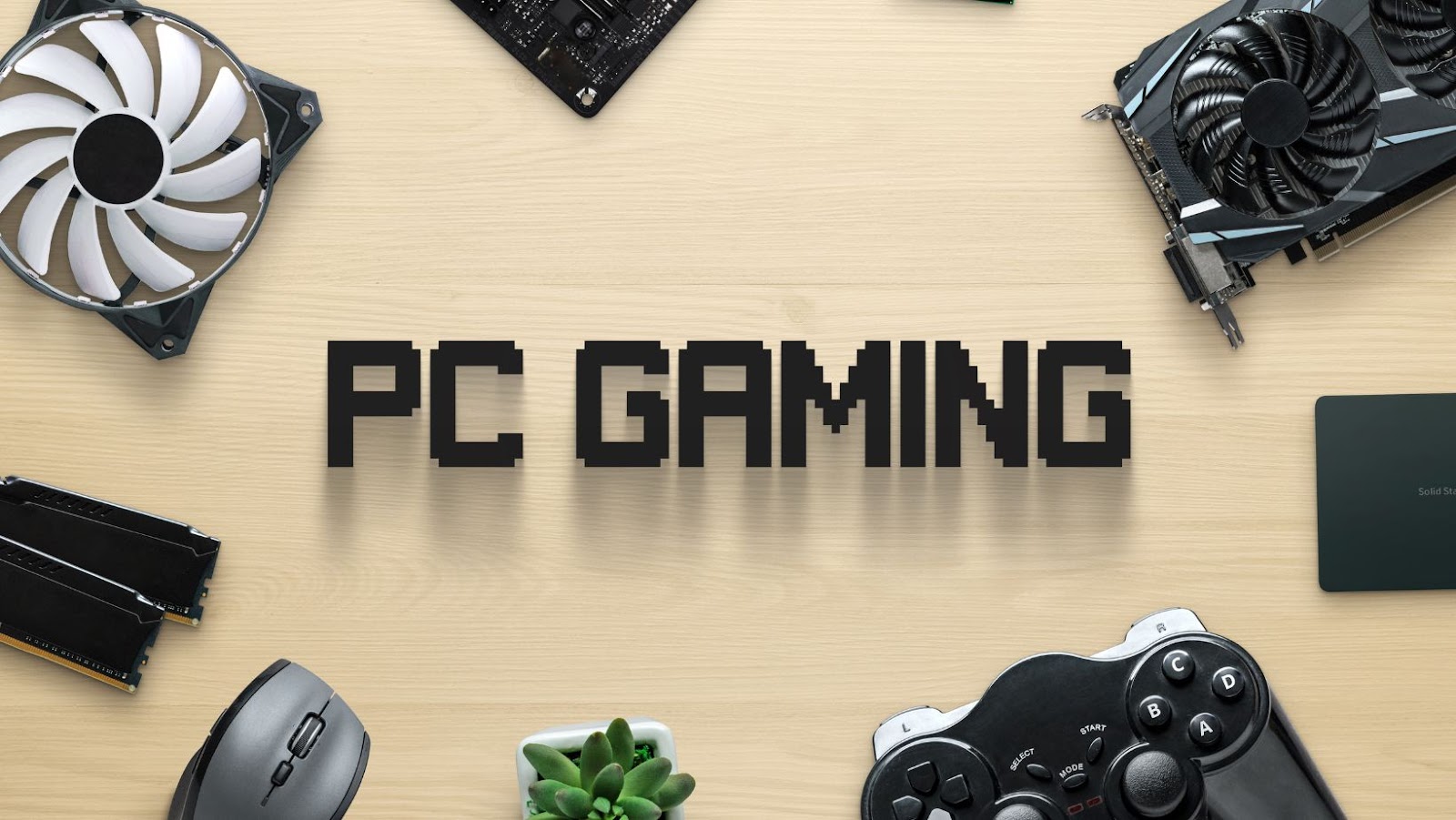 PC Gaming Growth
PC Gaming Growth
In the world of digital entertainment, PC Gaming Growth stands as a colossus, setting precedence with extraordinary growth rates. With the dynamics of entertainment massively shifting, PC gaming has found a solid foothold in the industry. Technological advancements have taken center stage in driving its growth, and consumer behavior has noticeably shifted as a direct result.
Several factors contribute to the tremendous growth of PC gaming. Decades ago, the industry was limited by factors such as personal computer capabilities and technological stagnation. Presently, these limitations are nowhere to be found as technology strides further into the future.
- Technological Advancements: Advances in computer technology play a vital role. Hyper-realistic graphics, immersive experiences, and unparalleled processing power draw gamers worldwide, piquing interest and desires for these high performing games.
- Online Distribution Platforms: An integral part of the growth can also be associated with online distribution platforms such as Steam and Epic Games store. These platforms provide games affordably and inclusively, significantly transforming the way players access games.
- Social Gaming Communities: Online multiplayer games have created platforms for social interactions, thereby increasing online user engagement. There’s a strong sense of community among gamers, which fosters loyalty, drive and continuous engagement.
PC gaming’s unprecedented growth directly impacts the gaming industry and the broader economy. The industry’s positive influence extends in various ways.
- Job Creation: PC Gaming Growth market has opened up opportunities for job creations in areas such as game development, systems hardware, and peripherals.
- Revenue Generation: PC gaming is a lucrative field. In 2020, it generated approximately $37 billion in global revenues (source: Statista).
- Entertainment Dynamics Shift: PC gaming’s popularity prompts a decisive shift in global entertainment dynamics. As demand for traditional forms of entertainment reduces, PC gaming is rapidly gaining ground.
While the future of PC gaming appears incredibly promising, its phenomenal growth lends itself to speculation. On that note, the gaming momentum continues unabated and shows no signs of slowing down, leaving much to look forward to.
 The Current Status of PC Gaming
The Current Status of PC Gaming
Anchor on the ‘status quo’ of PC gaming, it’s useful to unravel statistics, market influencers, and factors contributing to the current growth.
Unveiling statistics, PC Gaming Growth recorded $36.9 billion in revenue globally in 2020, as cited in a report by SuperData, a Nielsen Company. This translates to an approximately 6% increase from $34.8 billion registered in 2019, signaling an upward growth trajectory. As the number of PC gamers surges, expected to hit over 1.4 billion in 2021 based on data from Statista, the relevance of PC gaming becomes more pronounced.
Zooming in on the market’s key players, titans like Microsoft, Riot Games, Activision Blizzard, Electronic Arts, Epic Games, and Valve Corporation navigate the course. Microsoft, for instance, continues to enhance the gaming experience through Windows 10 and Xbox Live, hence, creating bonds between console and PC gamers. Riot Games, on the other hand, magnetizes millions of players daily through its highly successful ‘League of Legends’ game.
 Factors Contributing to the Growth of PC Gaming
Factors Contributing to the Growth of PC Gaming
Significant technological advancements, particularly in graphics and processing capabilities, amplify the PC Gaming Growth experience. For instance, NVIDIA’s GeForce RTX 30 series graphics cards, introduced in 2020, offer gamers unprecedentedly realistic visuals, facilitating immersion in simulated environments. Similarly, the advent of powerful processors like Intel’s 10th Gen Core i9 and AMD’s Ryzen 9 5000 Series uplifts PC performance, optimizing gameplay. Moreover, advanced technologies such as Virtual Reality (VR), Augmented Reality (AR), and Artificial Intelligence (AI) open new dimensions in PC gaming, enriching user interaction and engagement.
The exponential growth of internet accessibility acts as a game-changer for the PC gaming industry. In 2005, approximately 16% of the world’s population had access to the internet. By 2020, this number increased to nearly 60%, according to data from the International Telecommunication Union (ITU). Wider internet accessibility promotes multiplayer online games, and allows gamers worldwide to connect, compete, and collaborate. Furthermore, the rise of digital distribution platforms, such as Steam and Epic Games Store, allows gamers to download high-quality games easily, accelerating PC gaming expansion.
Contemporary gamers display significant shifts in preferences, favoring the unique attributes of PC gaming. For instance, PC gaming caters to a broad range of genres, from MMOs and FPS, like World of Warcraft and Counter-Strike respectively, to indie games like Undertale and Stardew Valley. Additionally, the customizability of PC hardware and software appeals to many gamers, providing personalized and optimized experiences. Also, eSports has witnessed burgeoning popularity, with PC platforms hosting eSports tournaments for League of Legends, Dota 2, and more, reaffirming the growth trajectory of PC gaming.